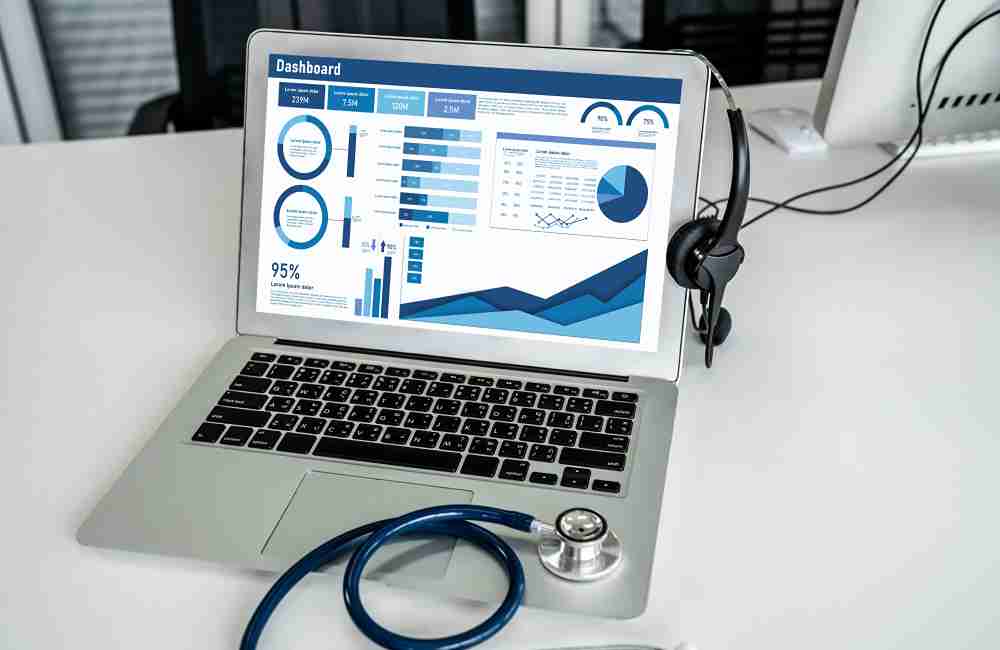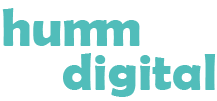
In today’s rapidly evolving healthcare industry, marketing is no longer just about catchy slogans or glossy brochures. It’s about using data-driven insights to create targeted campaigns that resonate with patients and healthcare providers alike. Data analytics has emerged as a game-changer, enabling healthcare organizations to measure, optimize, and significantly enhance their healthcare marketing ROI.
But how can data analytics transform healthcare marketing? And how can healthcare providers, especially in competitive markets like Bangalore, leverage these insights to boost performance? Let’s dive in.
The Role of Data Analytics in Healthcare Marketing
Data analytics is the backbone of modern marketing strategies, helping organizations turn patient data into actionable insights. By analyzing patterns in patient demographics, behaviors, and preferences, healthcare marketers can design campaigns that are not only personalized but also impactful.
For instance, a hospital in Bangalore might use data analytics in healthcare marketing to identify trends in seasonal illnesses. By targeting campaigns for flu shots or allergy treatments during peak seasons, they can maximize patient engagement and improve ROI.
Analytics tools also allow for precise tracking of marketing efforts. Whether it’s a social media campaign or an email newsletter, marketers can use healthcare analytics to assess performance and tweak strategies in real time.
Key Strategies for Improving Healthcare Marketing Performance
1. Personalized Patient Outreach
Patients expect healthcare providers to understand their unique needs. By leveraging patient data analytics, marketers can create hyper-targeted campaigns that address specific health concerns, making patients feel valued and understood.
For example, a clinic offering maternity care can use marketing analytics for healthcare to identify expectant mothers in Bangalore and send them tailored messages about prenatal classes or wellness tips.
2. Optimizing Digital Channels
With the rise of telemedicine and online consultations, digital platforms have become critical touchpoints for patients. Digital marketing ROI for healthcare in Bangalore can be significantly improved by analyzing website traffic, social media engagement, and conversion rates.
Marketers can use tools like Google Analytics and HubSpot to identify which channels drive the most traffic and focus their efforts accordingly.
3. Measuring Campaign Success
One of the biggest challenges in healthcare marketing is measuring success. With healthcare marketing analytics, providers can track metrics such as cost-per-acquisition (CPA), patient retention rates, and appointment bookings.
For instance, a hospital launching a new cardiac care unit can monitor the impact of their campaign by analyzing referral rates and new patient registrations. This data-driven approach ensures that resources are allocated effectively.
Case Study: Data-Driven Marketing in Action
Let’s consider a real-world example. A multispecialty hospital in Bangalore was struggling to attract patients for its dermatology services. By partnering with healthcare marketing experts in Bangalore, the hospital leveraged data analytics to identify a key trend: a spike in online searches for acne treatments among teenagers.
Armed with this insight, they launched a targeted social media campaign featuring testimonials from young patients, along with educational content on skincare. Within three months, their appointment bookings increased by 40%, demonstrating the power of data-driven healthcare marketing.
The Challenges of Data-Driven Marketing and How to Overcome Them
While the benefits of analytics are clear, implementing data analytics for healthcare marketing in Bangalore comes with challenges.
Data Privacy Concerns
Patients are increasingly wary about how their data is used. Marketers must ensure compliance with regulations like HIPAA and India’s Data Protection Bill, reassuring patients that their information is secure.
Integrating Data from Multiple Sources
Healthcare organizations often struggle to unify data from various touchpoints. By investing in advanced analytics platforms, they can create a centralized system for measuring healthcare marketing success.
Future Trends in Healthcare Marketing Analytics
As technology evolves, so do the opportunities for data-driven marketing for healthcare providers in Bangalore. Artificial intelligence (AI) and machine learning are set to revolutionize the field, enabling predictive analytics that can forecast patient needs before they arise.
Moreover, with the growth of wearable devices, healthcare marketing strategies can tap into real-time health data, offering even greater personalization and engagement.
Conclusion: A Data-Driven Path to Success
In a competitive market like Bangalore, healthcare providers can no longer rely on traditional marketing methods. By embracing healthcare marketing analytics Bangalore, they can create campaigns that are not only effective but also measurable.
Whether it’s through patient data analytics, optimizing digital channels, or partnering with healthcare marketing experts Bangalore, data analytics offers a clear path to improving healthcare marketing performance.The future of healthcare marketing lies in actionable insights and personalized strategies. By investing in data analytics for healthcare marketing Bangalore, providers can enhance their ROI in healthcare marketing, build stronger patient relationships, and ultimately improve outcomes for all.
